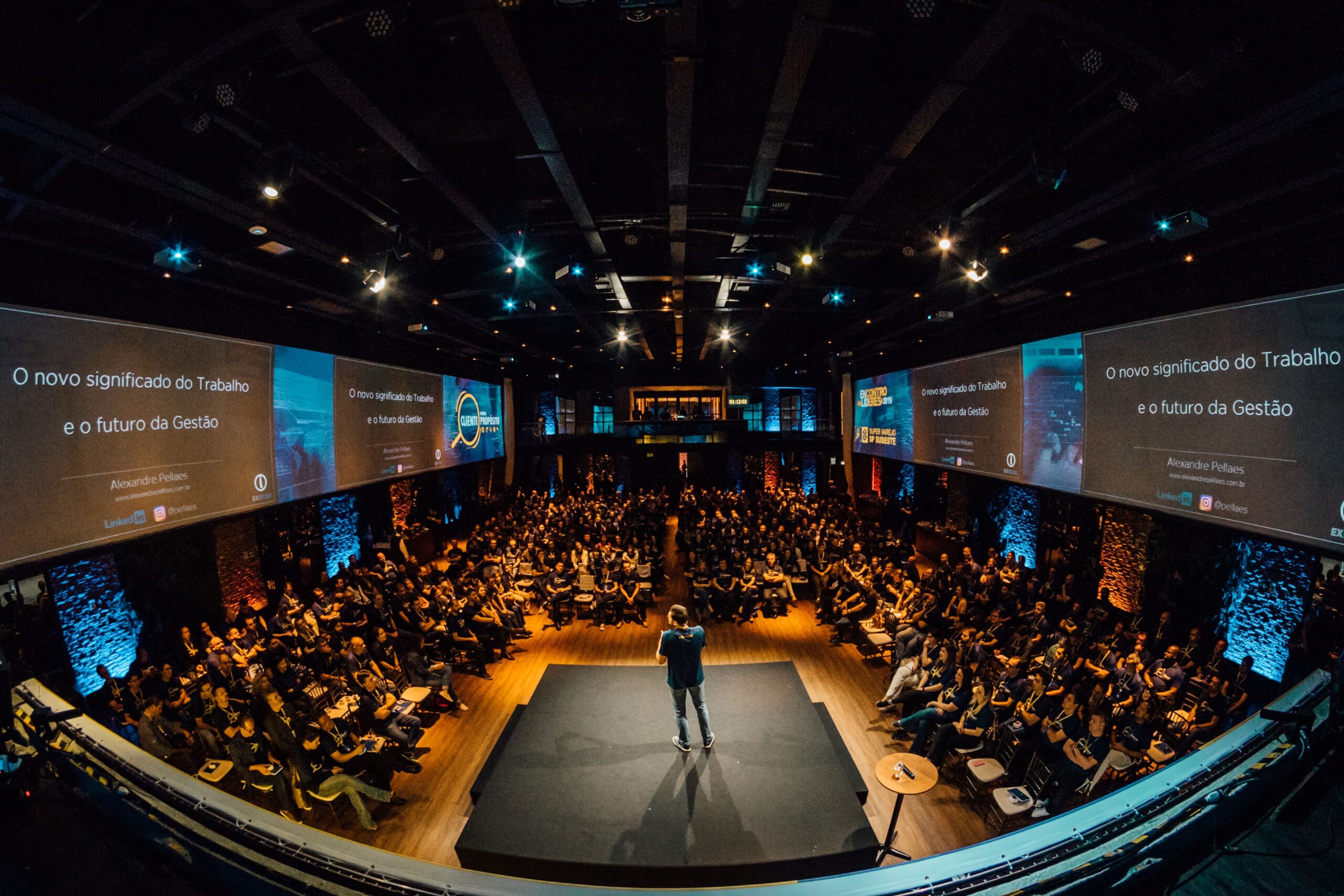
Leading in the industry
Meet
GEOFFREY HINTON
A scientist, who worked in AI from early on, Hinton believes that the digital systems he had spent his career helping to create may already surpass the human brain in some respects.

Achievements
The Neural Network Pioneer Grappling with His Legacy
Geoffrey Hinton, one of the most influential AI researchers of the past 50 years, had a transformative realization earlier this year. Over the course of February, the 76-year-old scientist came to believe that the digital intelligence systems he had spent his career helping to create might already surpass the human brain in some respects. “The digital intelligence we’ve got now may be better than the brain already,” he says, “It’s just not scaled up quite as big.”
Hinton, who had long aimed to model the brain in AI systems, found this revelation deeply unsettling. Alarmed by the implications, he left his post as VP and engineering fellow at Google in May to freely voice his concerns about the dangers of AI. In interviews, he expressed regret for his role in advancing AI technology and warned of humanity’s potential displacement by it. “This stuff will get smarter than us and take over,” he cautions. “And if you want to know what that feels like, ask a chicken.”
A Legacy of Innovation
Born and raised in England, Hinton’s family tree is dotted with luminaries, including mathematician George Boole, logician Mary Everest Boole, and surveyor George Everest, the namesake of the world’s tallest mountain. As a Cambridge undergraduate, Hinton’s curiosity about the brain led him to study experimental psychology after exploring physiology, physics, and philosophy.
In 1972, during the “AI winter,” when enthusiasm for artificial intelligence was at a low, Hinton began his Ph.D. in AI at the University of Edinburgh. He championed neural networks, an unpopular approach at the time that mimicked the brain’s structure. Weekly, his thesis adviser urged him to abandon the idea. Each time, Hinton replied, “Give me another six months and I’ll prove to you that it works.” Hinton’s determination carried him across the Atlantic, where greater funding for AI research awaited. His groundbreaking work spanned universities across the U.S., culminating in a professorship in computer science at the University of Toronto, where he has remained based.
Transforming AI With Neural Networks
Hinton’s persistence bore fruit in 2012 when he and two of his graduate students, Alex Krizhevsky and Ilya Sutskever, entered the prestigious ImageNet competition. Their neural network system dominated the event, proving that the technology had matured and could revolutionize AI. The success cemented Hinton’s reputation as a pioneer, a legacy that earned him the 2018 Turing Award.
A Life Shaped by Neural Networks
Despite his towering achievements, Hinton’s career has been shaped by personal challenges, including debilitating back problems that prevent him from sitting. He lies across car seats during travel, eats kneeling at tables, and sways while speaking to cameras. Yet, his commitment to AI has remained unwavering.
Today, Hinton finds himself reckoning with the dual-edged sword of his life’s work. While his innovations paved the way for a generative AI revolution, they also compel him to urge caution. As the race to scale AI accelerates, Hinton’s warnings underscore the profound responsibilities that come with such transformative power.
Want to nominate yourself or others for the LeadBoard?
